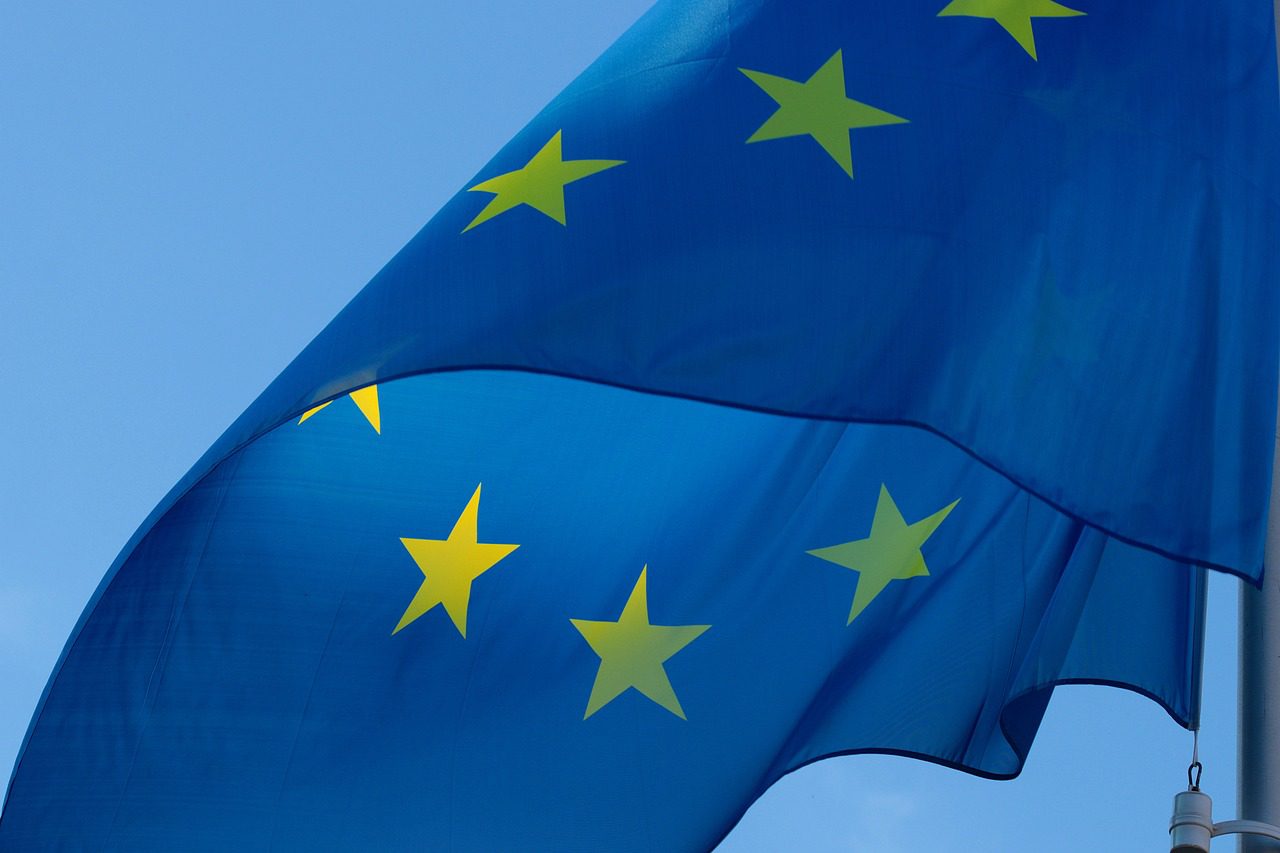
Fight against human trafficking: Council strengthens rules
The Council adopted today a directive that adds the exploitation of surrogacy, of forced marriage and of illegal adoption as forms of exploitation covered by the EU’s anti-trafficking law. The modification reflects the gravity, as well as the prevalence and the relevance of these forms of exploitation.
Knowingly using the service provided by a trafficking victim will now become a criminal offence that is punishable by effective, proportionate and dissuasive penalties. The new law also strengthens prevention measures as well as the support for and assistance to victims.
“The addition of forced marriage, illegal adoption and the exploitation of surrogacy to the EU’s anti-trafficking law was much needed. These awful crimes of human trafficking have to be tackled with the full force of our criminal code.”
-Paul Van Tigchelt, Belgian Deputy Prime Minister and Minister of Justice and the North Sea
As is the case in the current directive, the new types of exploitation will be punishable by a maximum penalty of at least five years of imprisonment, or of at least ten years of imprisonment in case of aggravated offences. The agreement includes a new aggravating circumstance to take into account the amplifying effects of the dissemination of exploitative material, such as the dissemination of visual content of sexual nature involving the victim, through information and communication technologies (ICT).
Legal persons, such as companies, will also face more severe sanctions, that is the exclusion from access to public funding and the withdrawal of permits and authorisations to pursue activities which have resulted in committing the offence.
Next steps
The text will enter into force twenty days after its publication in the Official Journal of the EU. Member states will have up to two years to transpose the amended directive into national law.
Background
The first ever EU law on preventing and combating trafficking in human beings and protecting the victims of this crime was adopted in 2011. In December 2022 the Commission published a proposal to update the law. The European Parliament’s rapporteurs for this file were Malin Björk (GUE/NGL – SE) and Eugenia Rodríguez Palop (GUE/NGL – ES); the provisional agreement was reached on the 23rd of January 2024.
